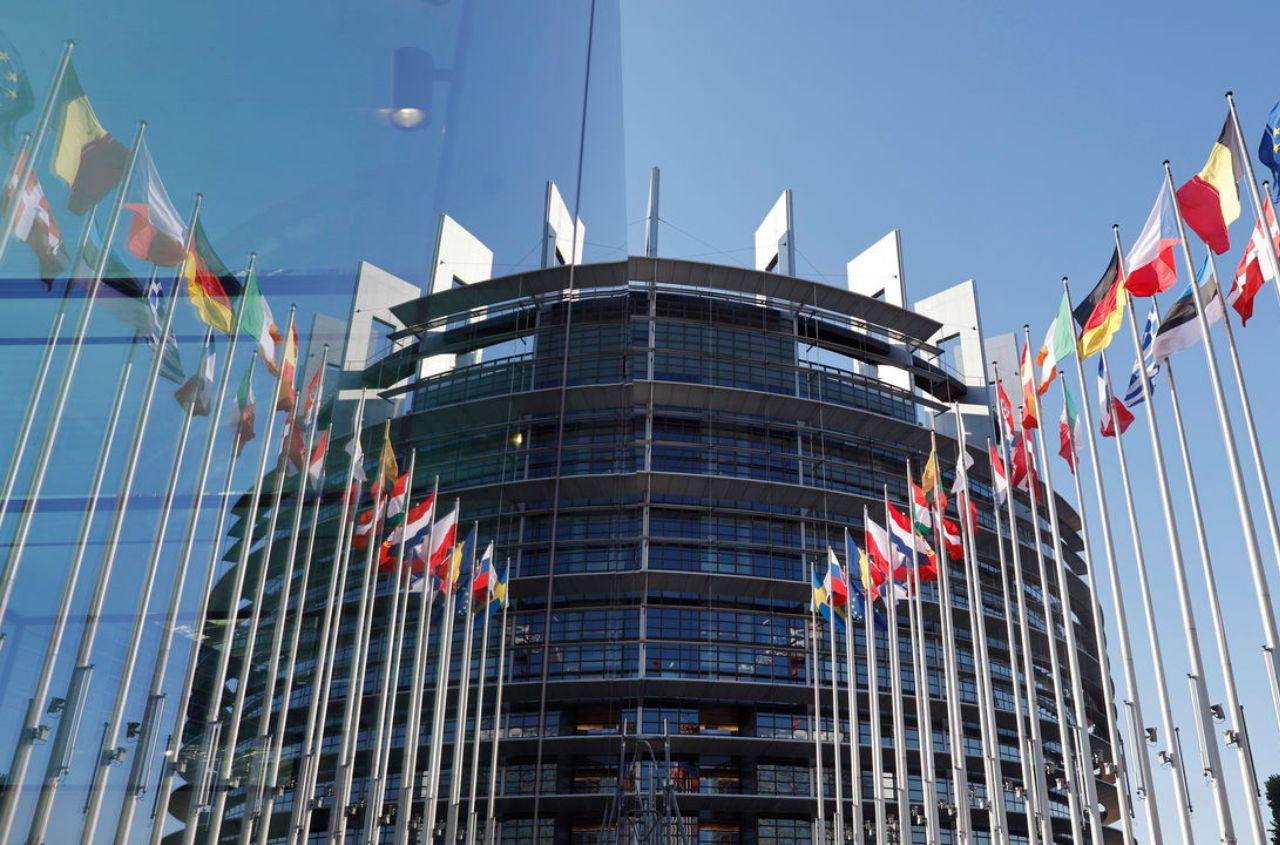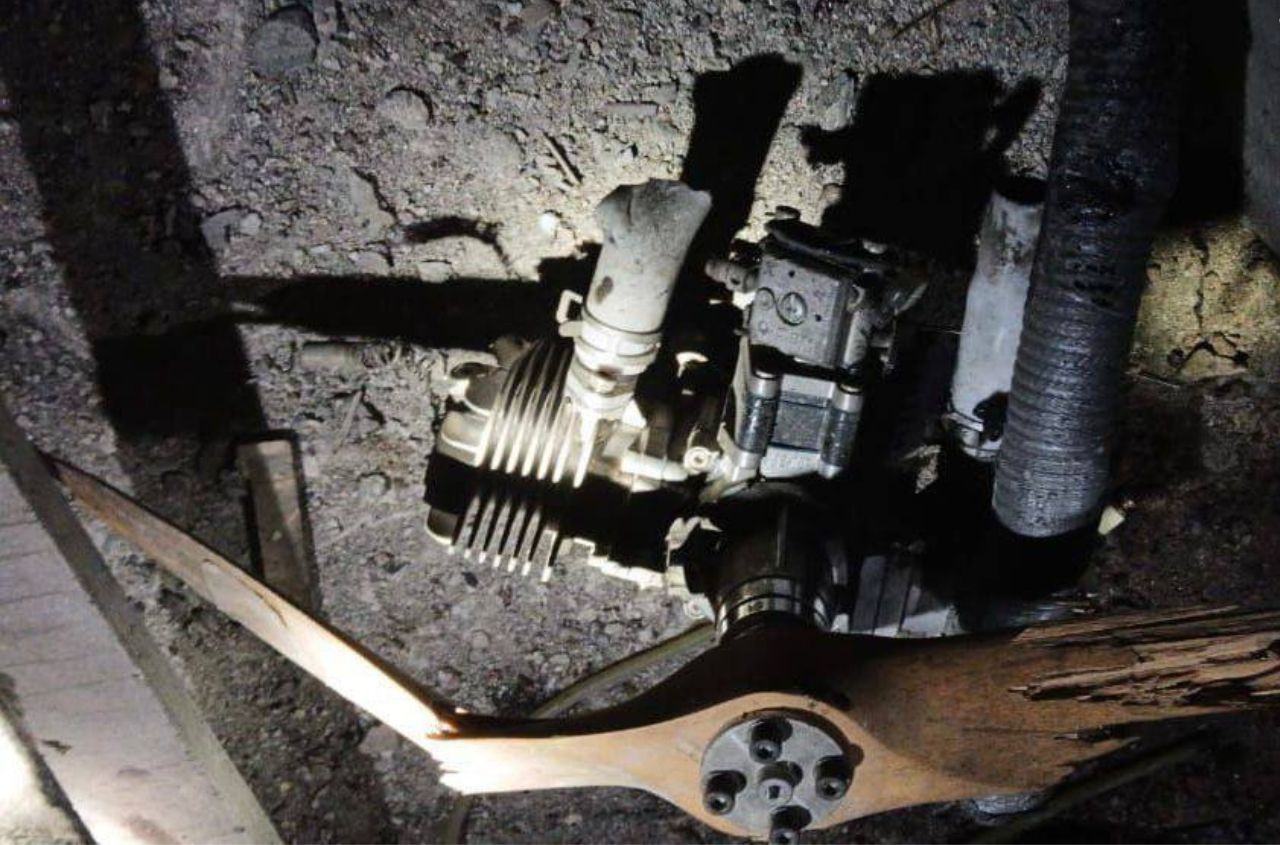In recent years, Ukraine has demonstrated that it is a good borrower with a solid debt repayment plan. Therefore, it is more beneficial for Ukraine's partners to provide financing now, preventing its defeat in the war, according to Priscilla Toffano, the IMF’s Permanent Representative in Ukraine.
"Financing the country now is worth it. Not only from the perspective of values, principles, or morality, but it could be cheaper for its (Ukraine’s) allies. It is cheaper to finance Ukraine now and prevent it from losing the war than to later cover the costs of additional defense or refugees if Ukraine loses the war," she said at the conference "Reform Matrix: Foundations for Strengthening Economic Growth for EU Accession" in Kyiv.
At the same time, Toffano noted that Ukraine must continue proving to its international allies its ability to implement the right policies.
The IMF representative emphasized that Ukraine has made efforts to increase its own revenues, but the shock caused by Russian aggression is so significant that the country cannot do without external financing. In this regard, the new G7 initiative "Accelerating Extraordinary Revenue (ERA) for Ukraine" is crucial, through which the country will receive $50 billion from frozen Russian assets.
Toffano also pointed out that after the war ends, Ukraine’s expenses will remain high due to recovery costs, significant social expenditures, including for veterans' adaptation, and efforts to bring back citizens who left abroad.
In this context, the IMF representative stressed the importance of raising taxes, mentioning the IMF's proposal to increase VAT and adhere to the National Income Strategy.
Toffano also stressed the importance of improving expenditure rationalization and planning to free up additional financial resources, enhance institutional work, and maintain focus on EU accession.
"(...) this idea is that we must also plan for post-war needs. For example, in our program, there is a structural benchmark in the Budget Declaration covering 2026-2028 to ensure that Ukraine is thinking about these higher costs and expenditures that will grow actively now and after the war," she said.
Among the ways to secure financial resources, she also mentioned restructuring Ukraine's external debt, reiterating that monetary financing remains an undesirable option.




















